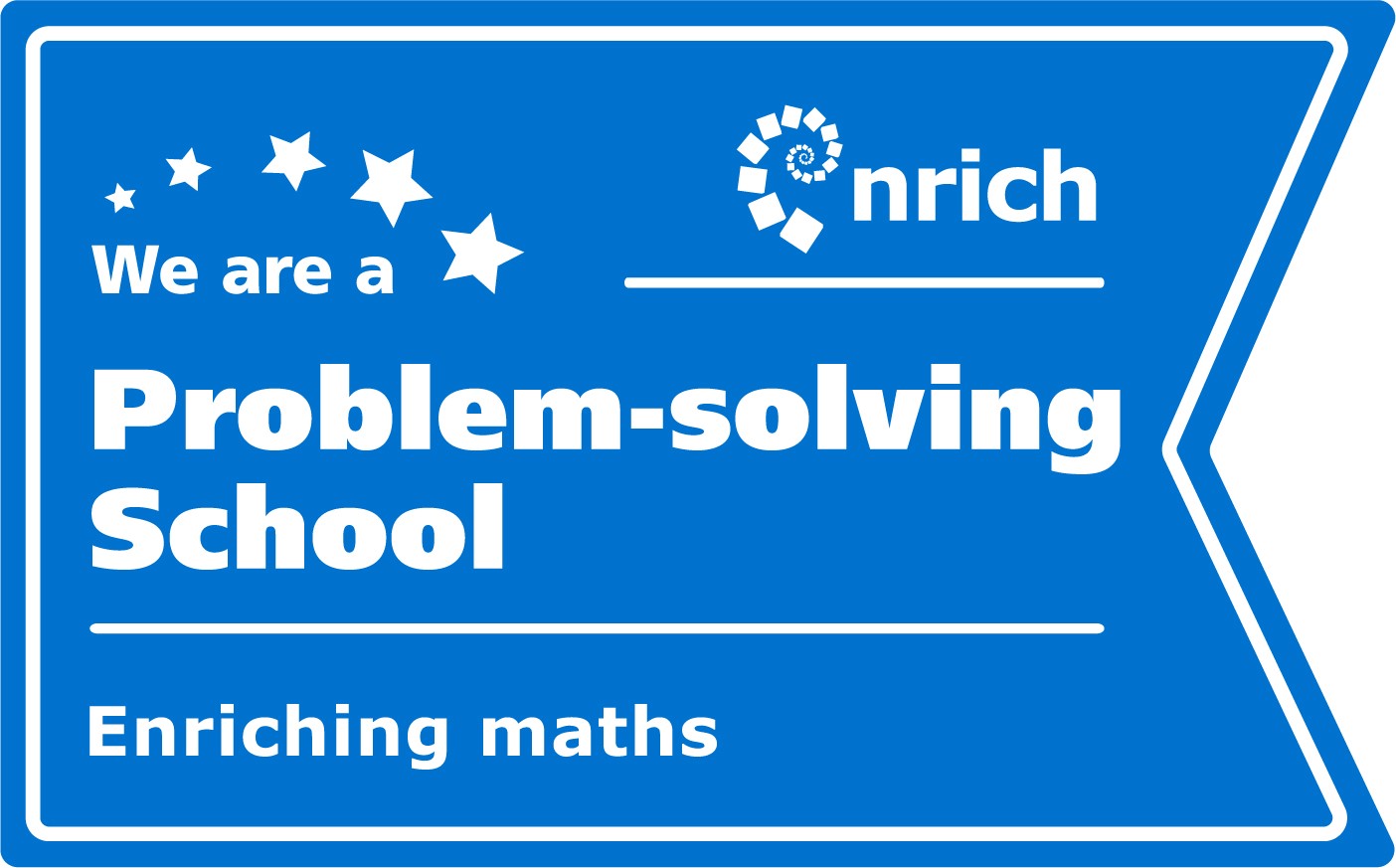English
Overview
At Lodge our intent is to enable children to:
. Read easily, fluently and with good understanding
- Develop the habit of reading widely and often, for both pleasure and information
- Appreciate our rich and varied literary heritage
- Write clearly, accurately and coherently, adapting their language and style in and for a range of contexts, purposes and audiences
- Develop a love of writing and to be able to express their thoughts and ideas clearly and creatively through the written word.
- Re-read, edit/re-draft and improve their own writing
- Acquire a wide vocabulary, an understanding of grammar
- Use discussion in order to learn; they should be able to elaborate and clearly explain their understanding and ideas inspiring speech and effective communication.
- Become competent in the arts of speaking and listening, understand the physical, linguistic, cognitive and social and emotional skills that develop exploratory and presentational talk
Intent
The National Curriculum (2014) forms the basis for all subject teaching ensuring continuity and progression in an age-related curriculum. At Lodge Primary School, English and the teaching of English is the foundation of our curriculum. Teachers make sure the content is relevant and stimulating by delivering through themes and topics. Our main aim is to ensure every single child becomes primary literate and progresses in the areas of reading, writing, speaking and listening.
Staff at Lodge Primary School feel it is essential to highlight and be aware of the differing groups of learners and vulnerable children in their class. Once this information is acquired, teachers can plan and teach personalised English lessons which focus on the particular needs of each child. We recognise that each child has their own starting point upon entry to every year group and progress is measured in line with these starting points to ensure every child can celebrate success.
English at Lodge Primary School will not only be a daily discrete lesson, but is at the cornerstone of the entire curriculum. It is embedded within all our lessons and we will strive for a high standard of English for all. Through using high-quality texts, immersing children in vocabulary rich learning environments and ensuring that the National Curriculum expectations and the progression of skills are met, the children at Lodge Primary School will be exposed to a language heavy, creative and continuous English curriculum where reading and writing are intrinsically linked. This will not only enable them to become primary literate but will also develop a love of reading, creative writing and purposeful speaking and listening.
Implementation
Reading and writing are taught daily in discrete lessons.
- Pupils in EYFS and KS1 have daily phonics sessions, following Read Write Inc.
- EYFS have daily Kinetic Letter sessions focusing on the red strand for core and hand strength. When appropriate, the green and yellow strands are taught to develop pencil grip and letter formation. In KS1 all strands are taught daily to develop children’s automaticity in handwriting. In KS2, children’s handwriting is further developed using all four strands to enable them to join.
- Spellings sessions are conducted daily. This includes the teaching of spelling rules and opportunities for children to practise in a fun and engaging way.
- Age appropriate spellings sent home weekly for pupils to practise their words and these are tested each Friday.
- Teachers create a positive reading and writing culture in school, where both are promoted, enjoyed and considered ‘a pleasure’ for all pupils.
- Promotion of reading and book talk through teachers reading out loud regularly to their class. Both pupils and teachers share their opinions and have discussions about books and authors.
- Pupils acquire strategies to enable them to become independent learners in English (spelling rules and patterns and how to tackle unfamiliar words when reading/easy access to dictionaries and thesauruses).
- Pupils discuss and to present their ideas to each other by talking in pairs and groups regularly, being able to elaborate and explain themselves clearly, making presentations and participating in debates.
- Our working walls support all pupils’ learning in reading, writing and handwriting and are designed to encourage pupils to actively take ownership of their learning should they require support.
- Tier 2 vocabulary is taught discretely in AIR sessions on a Monday and these words are revisited throughout the week and over the curse of the academic year
- Teaching a range of genres across the school (progressing in difficulty) both in English and other curriculum areas; resulting in pupils being exposed to, and knowledgeable about, literary styles, authors and genres. They can express preferences and give opinions, supported by evidence, about different texts.
- Reading and writing events are planned for throughout the year (Book at Bedtime, Parent Workshops etc.) to encourage and promote enjoyment and opportunities to develop lifelong learning.
- Our Reading Ranger, Reading Warrior and Reading Buddy programmes are all initiatives that promote reading for pleasure and accelerate our pupils reading attainment
Impact
The impact on our children is clear: progress, sustained learning and transferrable skills. We aim that by the end of KS2 all of our children have made considerable progress from their starting points in EYFS.
Long term pupils will:
- be confident in the art of speaking and listening and to be able to use discussion to communicate and further their learning
- be able to read fluently both for pleasure and to further their learning.
- develop automaticity in handwriting
- enjoy writing across a range of genres
- Pupils of all abilities will be able to succeed in all English lessons because work will be appropriately scaffolded
- have a wide vocabulary and be adventurous with vocabulary choices within their writing
- have a good knowledge of how to adapt their writing based on the context and audience
- leave primary school being able to effectively apply spelling rules and patterns they have been taught
- make good and better progress from their starting points to achieve their full potential.
Assessment and Monitoring in English:
The impact of our English curriculum is measured through the monitoring cycle in school:
- Lesson observations, book monitoring and learning walks
- Skills progressing (grammar, /punctuation/writing composition techniques) throughout the school is evident in children’s books.
- Gathering pupil voice – to check understanding, understanding of key skills and knowledge, progression, confidence in discussing English
- Moderating pupils work in school and in cluster meetings with other schools to ensure accurate assessments are made
- Tracking pupils’ progress each term in Reading, Writing and Spelling, Punctuation and Grammar. This informs planning and any intervention needed
- Pupil progress meetings ensure different groups (including INA, PP and SEND) and individual progress is monitored, and interventions organised to support good and better progress
- Importantly, monitoring is also used to identify gaps in the curriculum that may need to be addressed across the school, or within individual year groups. Monitoring is an ongoing cycle, which is used productively to provide the best possible English curriculum for our children and to ensure it is inclusive to all.
Role of the co-ordinator:
- Monitor the standards in the subject to ensure that outcomes are at expected levels
- Provide ongoing support to colleagues
- Collate appropriate evidence over time – this should show that pupils’ skills and understanding develop over time
- Highlight / Celebrate successes to all stakeholders

